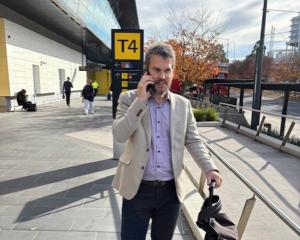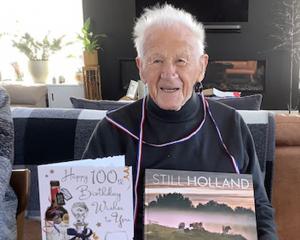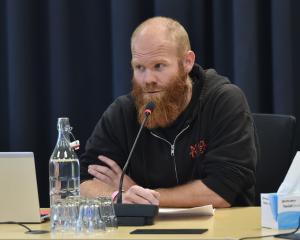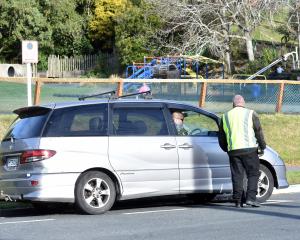
Saturday’s Otago Daily Times offered a salient reminder of that with its extraordinary ‘‘behind the tent flaps’’ account of the lives of just two of the many homeless people who are camping out in the Oval.
To use more adages, there but for the grace of God go I and judge not lest you be judged yourself.
Everyone who is homeless, whether in plain sight at the Oval, couch surfing, or in a boarding house, has individual circumstances and reasons for ending up where they have fetched up.
The ODT has been reporting on the plight of the homeless in Dunedin for a year. In that time, the problem has not been resolved.
Many agencies and organisations are working hard to come together to solve it, but so far there is no plan for housing with the necessary support services homeless people need, to address their many and complex life challenges.
There is a poignant juxtaposition of the homeless people's tents being pitched so close to the busiest sports ground in Dunedin, one where thousands of adults and children play cricket, touch, rugby and football and where as many as 26 games can be being played at any time. It ensures that the question of what to do to help homeless people into homes with appropriate support remains front and centre for city leaders rather than being something that can be ignored.
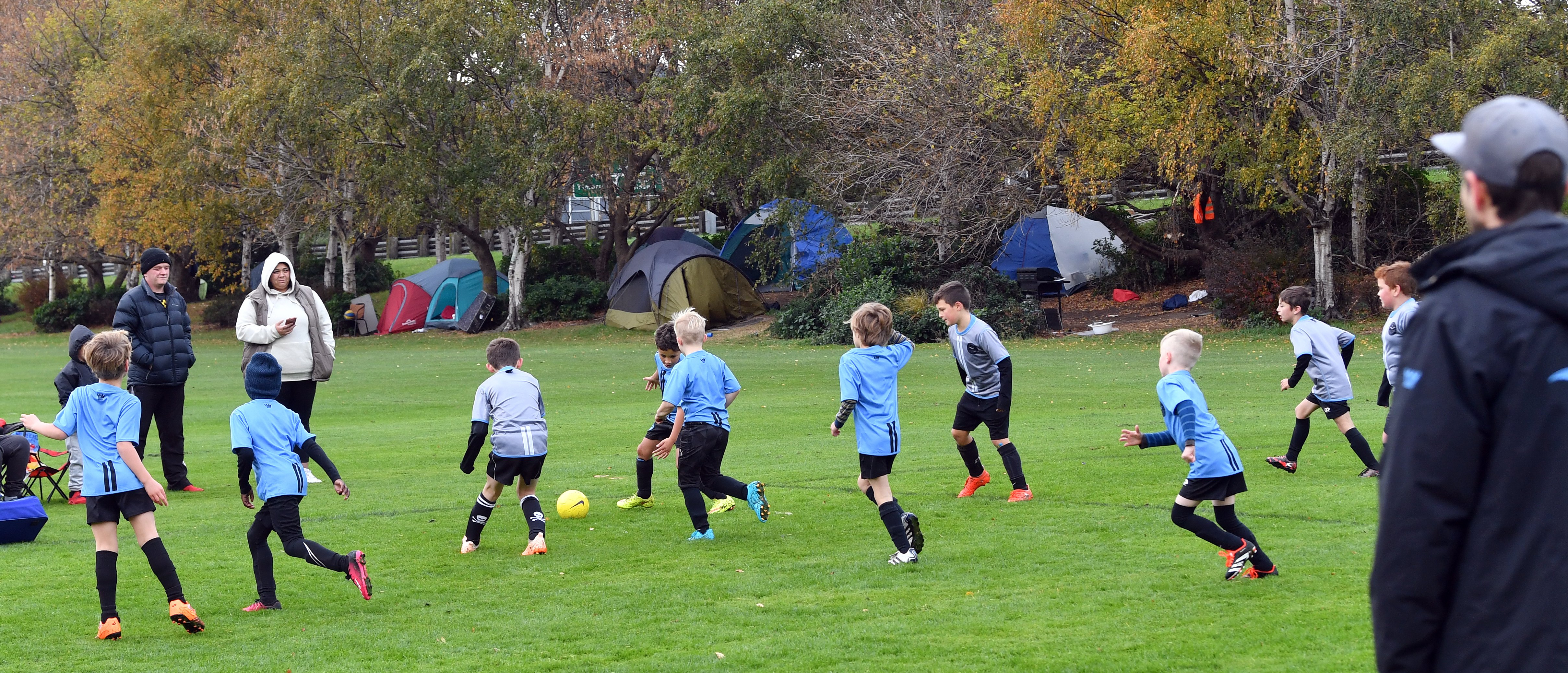
But they are not specialists helping vulnerable people with complex and often multiple needs, such as mental illness, intellectual disability, addiction or a need for rehabilitation after time in prison.
Nor are the many parents who volunteer their services to coach and manage sports teams, and this is not something which they should be having to be deal with.
Otago Touch Association president Jarrod Powell was right when he told the ODT that the residents of the Oval are desperately in need of care.
But when one of the tented community spoken to by the ODT has a housing need rating of ‘‘A19’’ — one below the maximum rating of ‘‘A20’’ — but has languished for more than four years without being able to qualify for a state house, the scale of the mountain to climb becomes manifest.
There is only so much that the safety nets of the Night Shelter and state-funded emergency housing stays, usually in a motel, can do to address the situation.
Both offer stays around a week or less, in which time it is not possible, usually, for a homeless person to adapt to independent living in a new home. The government's transitional housing scheme, provided by charities and which is meant to offer a longer stay and a route into a state home or private rental, is denied to some people and doesn't always lead to a home. The waiting list for a state home is lengthy and getting longer.
In the meantime, at the Oval, a profound health and safety risk exists and there are also risks to those using the Oval recreationally.
If a simple solution for this horrendous human problem existed someone would have thought of it by now.
The answer is complex because homeless people's needs are complex. But it is not impossible to help them. It means providing homes and social support that meets their needs.
Homeground in Auckland — a brand new residential building for homeless people, with a GP and social services on site — is a beacon of progress, not to be seen in Dunedin as yet.
This year, a national housing scheme to help the homeless was evaluated by our very own University of Otago as successful. Housing First secures homes first, then when a homeless person needs one it is ready and waiting, along with support services they need.
Despite the cost, the research found that the upshot of the scheme is reduced costs to other government services, such as acute mental health units.
It will require many people, organisations and institutions to work together and funding to be allocated to the cause at the required level, before any progress is made in our city.
But progress there must be and quickly. Winter is coming and homeless people can die if left on the streets.
These are people who need help and hope immediately and the wider community needs to provide it for them.




